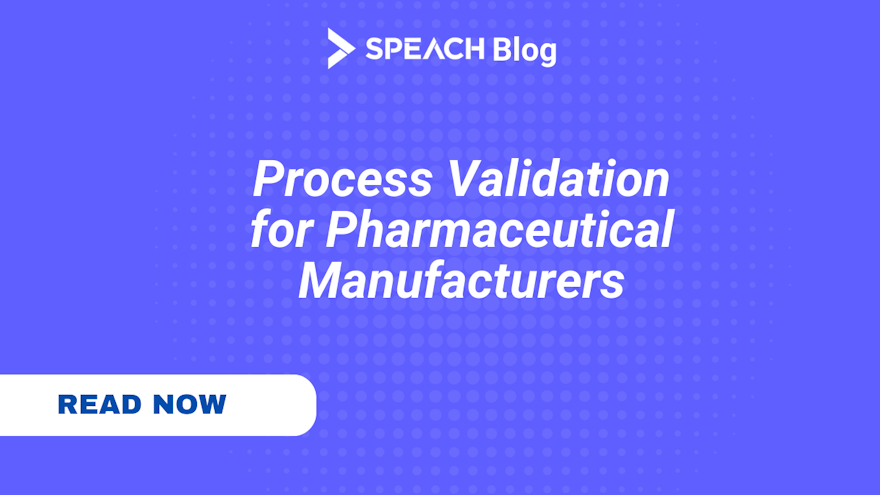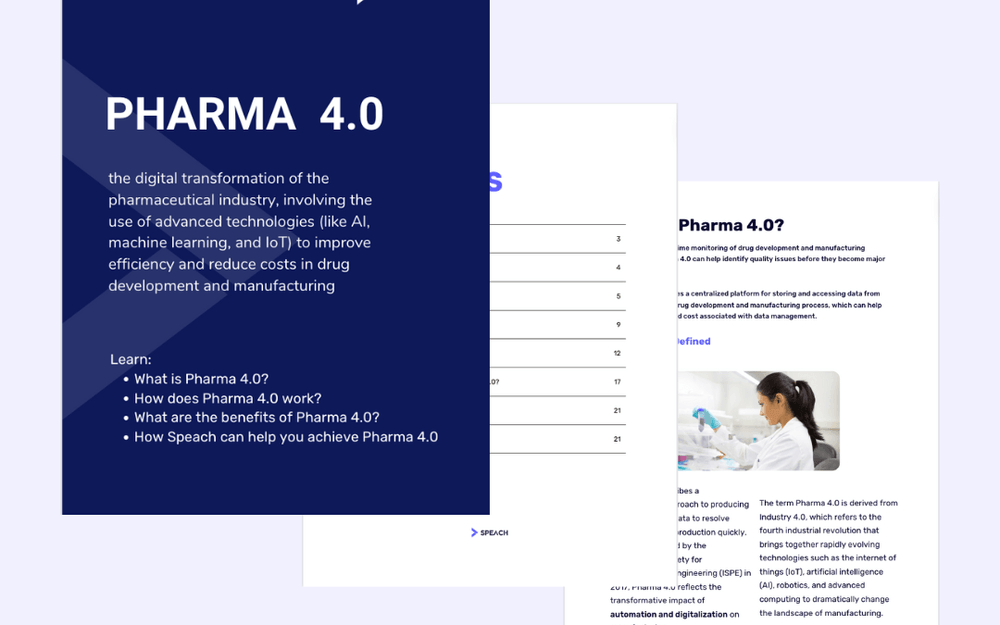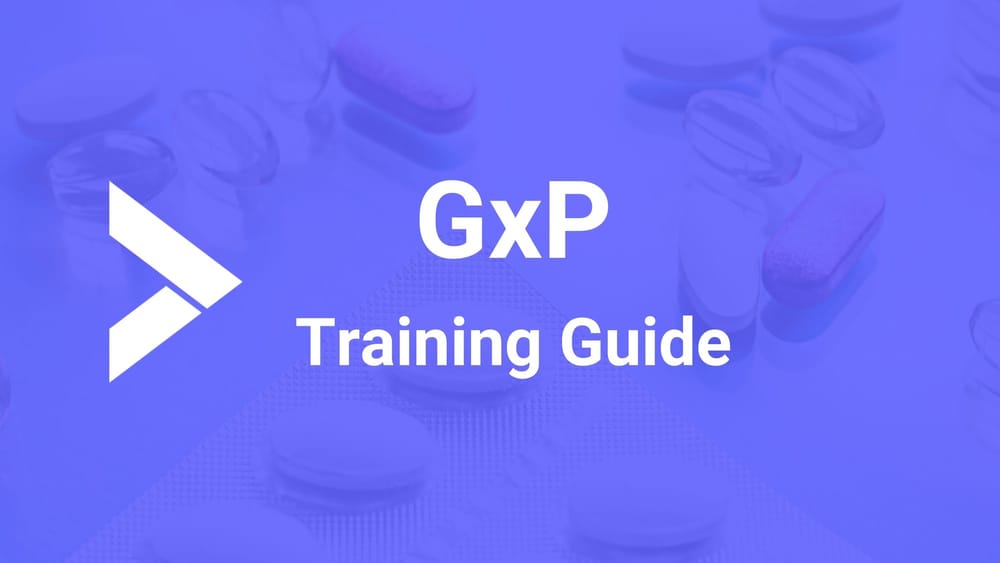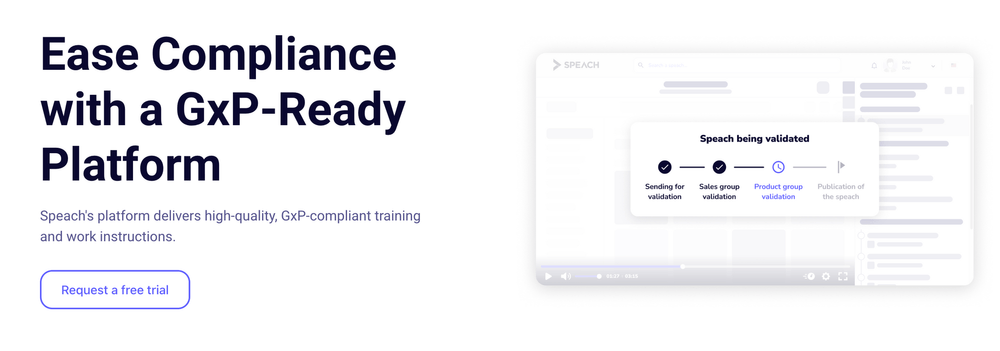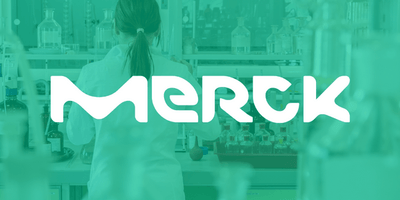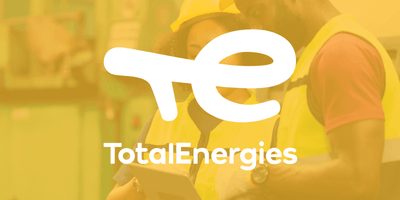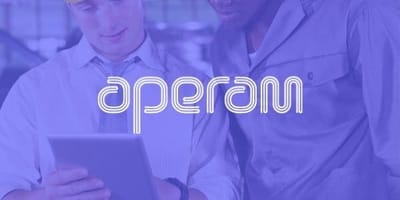The Critical Role of Process Validation
In the pharmaceutical industry, process validation is more than a compliance checkbox; it's a cornerstone of product quality and patient safety. As regulations tighten and technologies evolve, process validation has taken center stage in ensuring that pharmaceutical products are consistently produced to meet quality benchmarks.
Regulatory bodies like the U.S. Food and Drug Administration (FDA) and the European Medicines Agency (EMA) have laid down stringent guidelines for process validation. It involves a series of activities to provide evidence that a process consistently yields a product meeting its pre-determined specifications and quality attributes. This is essential in pharmaceutical manufacturing, as it directly impacts drug efficacy, safety, and quality.
Free Guide: Pharma 4.0, The Definitive Guide to Digital Revolution in Life Sciences Manufacturing
Understanding Process Validation
Process validation is a methodical approach employed by pharmaceutical manufacturers to ensure that their processes yield products consistently meeting predefined criteria. It's a vital aspect of Good Manufacturing Practices (GMP) and is integral to maintaining the highest standards in drug production.
The Regulatory Framework
Regulatory guidelines, such as the FDA’s Process Validation: General Principles and Practices and EMA’s guidance, form the foundation of process validation practices. These guidelines emphasize a lifecycle approach, integrating product and process development, validation, and continuous process verification.
The Three Stages of Process Validation
1. Process Design:
The initial stage involves establishing a detailed understanding of the process based on scientific knowledge and aligning it with the product's quality attributes. This phase is crucial for laying the groundwork for a robust manufacturing process.
2. Process Qualification:
This stage confirms that the process design is capable of reproducible commercial manufacturing. Manufacturers must demonstrate through objective evidence that the process, under anticipated conditions, consistently delivers quality products.
3. Continued Process Verification:
Ongoing assurance of process control and product quality is provided during routine production. This stage involves continual data collection and analysis to ensure the process remains in a state of control and consistently produces quality products.
Free resource : Explore our GxP Training guide
Challenges in Process Validation
Process validation in pharmaceutical manufacturing is not without its challenges. These include staying abreast of evolving regulations, managing complex data, and ensuring scalability from clinical to commercial production. The dynamic nature of pharmaceutical processes, variability in raw materials, and changes in equipment also add layers of complexity.
The Role of Technology and Automation
Modern technology, such as data analytics and automation, plays a crucial role in overcoming these challenges. These tools offer enhanced precision, consistency, and efficiency in process validation activities. Automation reduces human error and facilitates real-time monitoring and control of manufacturing processes.
Best Practices for Effective Process Validation
Effective process validation is grounded in a thorough understanding of both the process and the product. It requires a science and risk-based approach, where decisions are data-driven. Manufacturers should employ robust design and development practices to ensure quality is built into the process. Continuous monitoring and adaptation are crucial for maintaining process control and addressing variations proactively.
Documentation and Data Integrity
Documentation is a fundamental element of process validation. It provides a detailed account of the process, ensures traceability, and is essential for regulatory compliance. Maintaining data integrity is paramount, as it underpins the reliability and credibility of the validation process.
Emerging Trends and Technological Advancements
The pharmaceutical industry is witnessing a surge in new technologies, like AI and machine learning, which are set to revolutionize process validation. These advancements offer the potential for predictive modeling and more sophisticated data analysis, leading to more efficient and reliable manufacturing processes.
The Future of Process Validation
The future of process validation lies in leveraging these technological advancements while maintaining an unwavering commitment to quality and compliance. The integration of advanced data analytics and continuous monitoring tools will enable more agile and responsive manufacturing processes. This evolution will not only enhance product quality but also enable manufacturers to respond swiftly to market demands and regulatory changes.
Conclusion
Process validation is a critical component of pharmaceutical manufacturing, ensuring that products are consistently of high quality and safe for patient use. As the industry evolves, so too must the approaches to process validation. Embracing new technologies, adhering to regulatory guidelines, and implementing best practices are essential for manufacturers to stay competitive and compliant. The future of process validation is bright, with advancements in technology paving the way for more efficient, reliable, and flexible manufacturing processes. By prioritizing process validation, pharmaceutical manufacturers can ensure that they not only meet regulatory requirements but also contribute to the overall well-being of patients.

